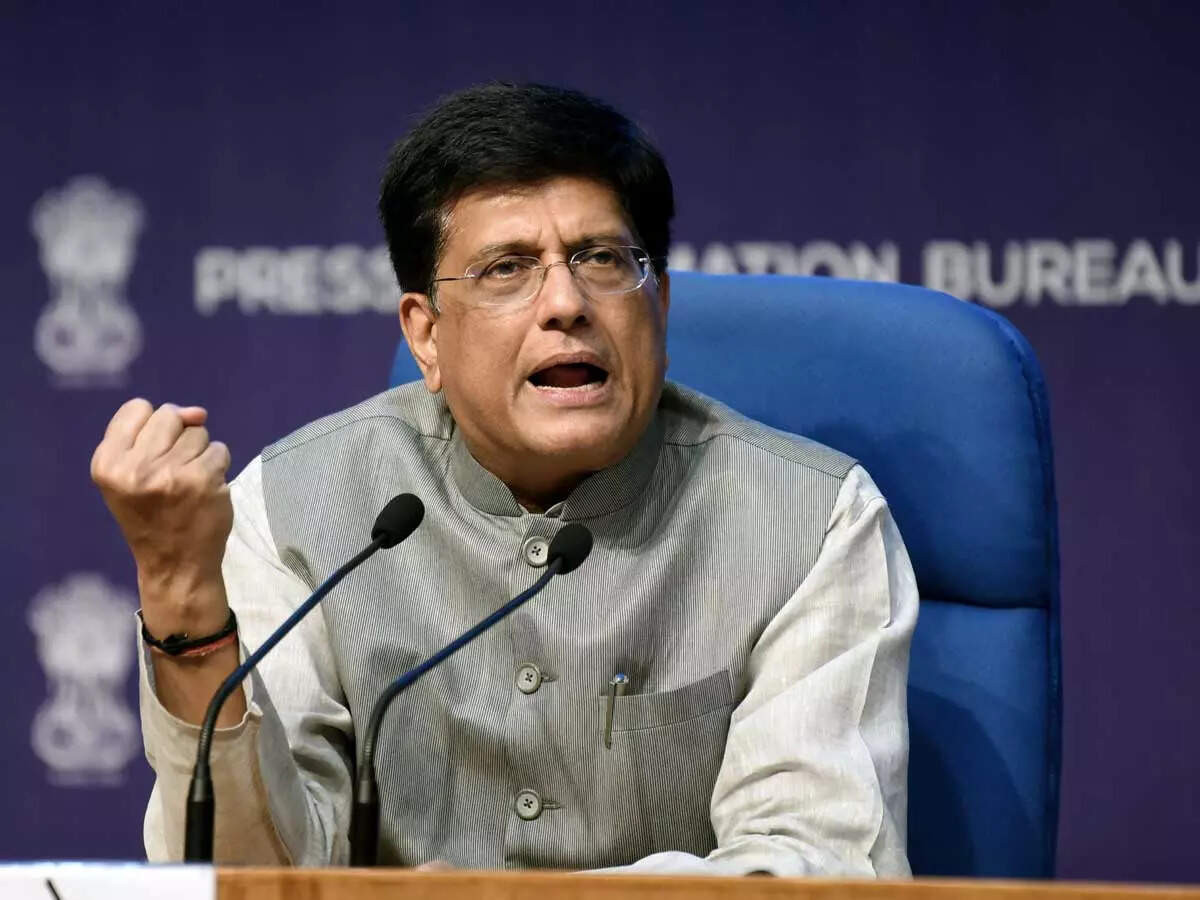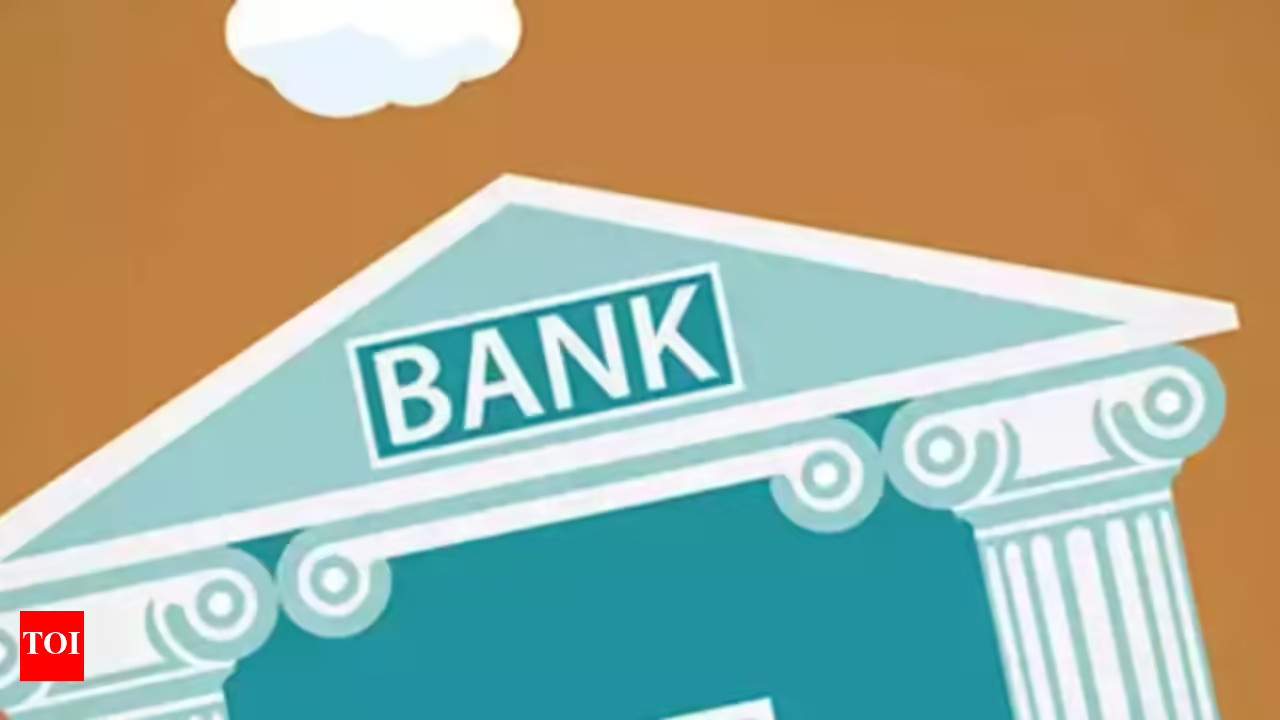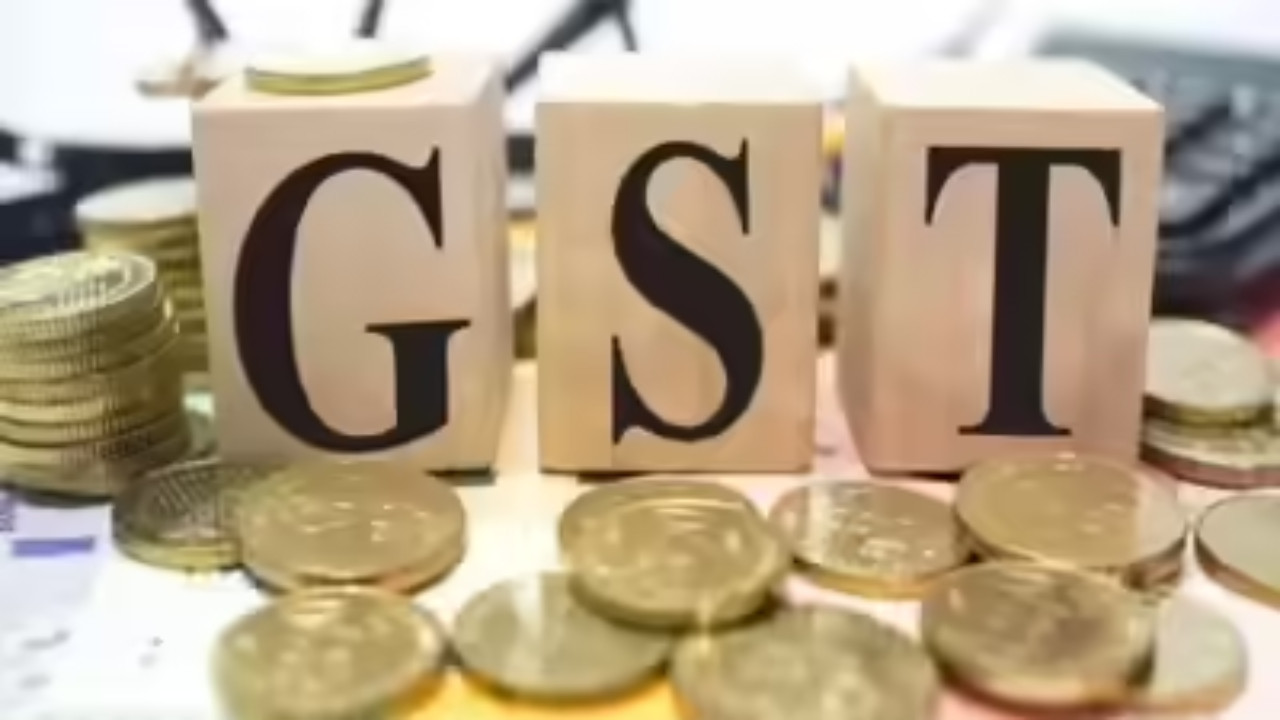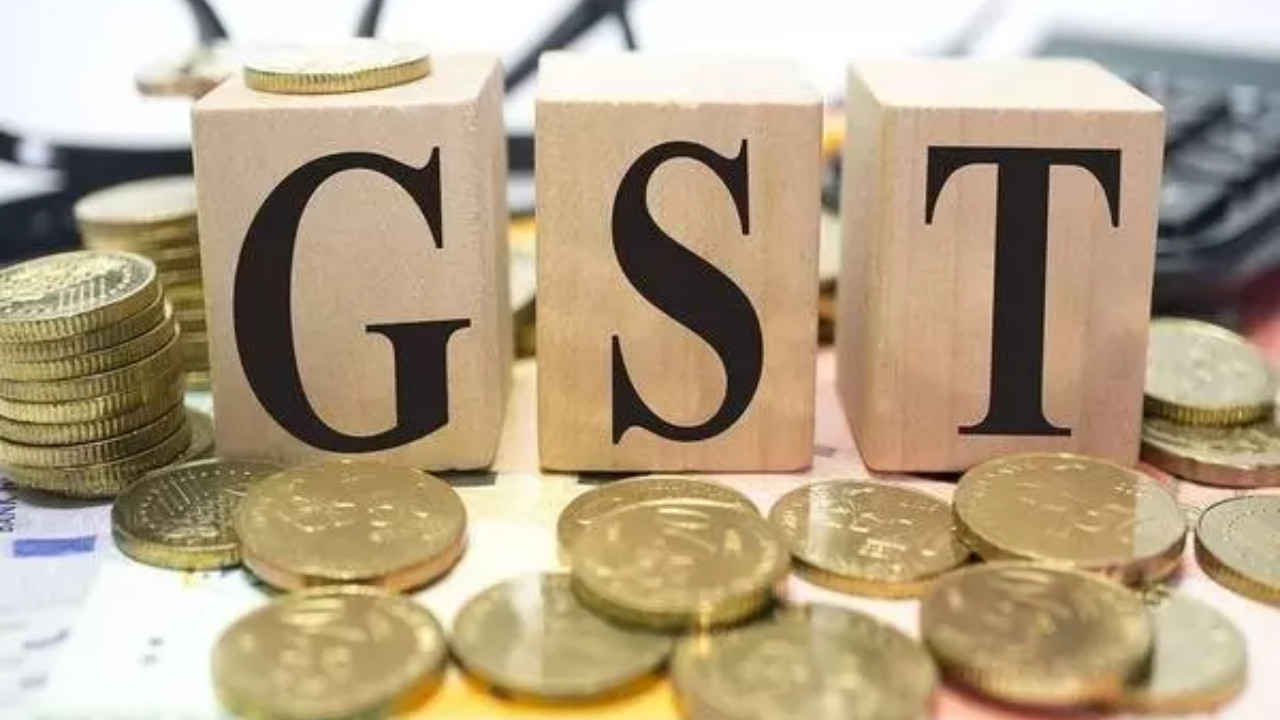India is actively engaged in free trade agreement (FTA) negotiations with key partners like the EU, US, Chile, and Peru, according to Commerce Minister Piyush Goyal. He emphasized the world’s interest in India as developed economies seek trade discussions.
Navigating the Labyrinth: India’s Ambitious Trade Deal Dance
India’s global ambitions are no secret, and at the heart of that vision lies a strategic web of free trade agreements (FTAs). Trade agreements are critical in today’s interconnected world. They unlock new markets for Indian businesses, foster economic growth, and solidify India’s position as a major player on the world stage. But forging these deals is no walk in the park; it’s a complex dance of negotiation, compromise, and strategic foresight.
The buzz around India’s trade talks has been palpable, and recent insights from Commerce Minister Piyush Goyal offer a peek behind the curtain. From dawn till dusk, it seems, Indian negotiators are locked in discussions with counterparts from the US, Chile, the EU, and several others. The sheer scale of these concurrent negotiations is a testament to India’s proactive approach to international trade. But what exactly is on the table, and what hurdles lie ahead?
Deepening Ties with Key Partners: The US and the EU
The United States remains a crucial partner for India, and any deepening of trade relations could yield significant benefits. While a full-fledged FTA remains elusive for now, both nations are actively exploring alternative pathways to enhance economic cooperation. This might involve targeted agreements addressing specific sectors or trade barriers, paving the way for a more comprehensive deal in the future. Imagine the potential: streamlined access for Indian IT professionals, reduced tariffs on key exports, and a surge in investment from American companies eager to tap into India’s burgeoning market.

On the European front, the resumption of FTA talks with the EU after a decade-long hiatus is a particularly exciting development. The EU represents a massive market with sophisticated consumers and a strong emphasis on quality and innovation. A successful FTA could give Indian businesses a significant competitive edge, opening doors to new opportunities in sectors like pharmaceuticals, textiles, and engineering goods. However, navigating the EU’s complex regulatory landscape and addressing concerns around environmental standards and labor practices will be crucial for a mutually beneficial outcome. Remember to check out other articles on Indo-EU collaboration here!
Beyond the Usual Suspects: Diversifying Trade Partnerships
India’s trade ambitions extend far beyond the US and the EU. Negotiations with Chile, for instance, reflect a strategic focus on diversifying trade partnerships and securing access to key resources. Chile is a major producer of copper and other minerals essential for India’s growing manufacturing sector. A stronger trade relationship could ensure a stable supply of these critical inputs, bolstering India’s industrial competitiveness.
Furthermore, India is actively engaging with other regions, including the Middle East and Africa, to forge new trade alliances. These partnerships are not just about increasing trade volumes; they also reflect India’s growing geopolitical influence and its commitment to South-South cooperation.
The Road Ahead: Challenges and Opportunities in India’s Trade Talks
The pursuit of FTAs is not without its challenges. Each negotiation involves a delicate balancing act, requiring India to protect its own interests while also addressing the concerns of its trading partners. Issues such as intellectual property rights, agricultural subsidies, and market access often prove to be sticking points.
Another hurdle is the need for domestic reforms to enhance India’s competitiveness. Streamlining regulations, improving infrastructure, and investing in skill development are essential to ensure that Indian businesses are well-positioned to take advantage of the opportunities created by FTAs.
Despite these challenges, the potential rewards are immense. Successful trade agreements can boost economic growth, create jobs, and improve the lives of millions of Indians. By adopting a strategic and proactive approach to trade negotiations, India can unlock its full economic potential and solidify its position as a global leader.
A Promising Trajectory
India’s trade talks represent a bold and ambitious undertaking. The sheer number of ongoing negotiations underscores India’s commitment to expanding its global footprint and forging stronger economic ties with key partners. While the road ahead may be paved with challenges, the potential benefits are too significant to ignore. With strategic foresight, skillful negotiation, and a commitment to domestic reforms, India can navigate the labyrinth of international trade and emerge as a true global powerhouse.







